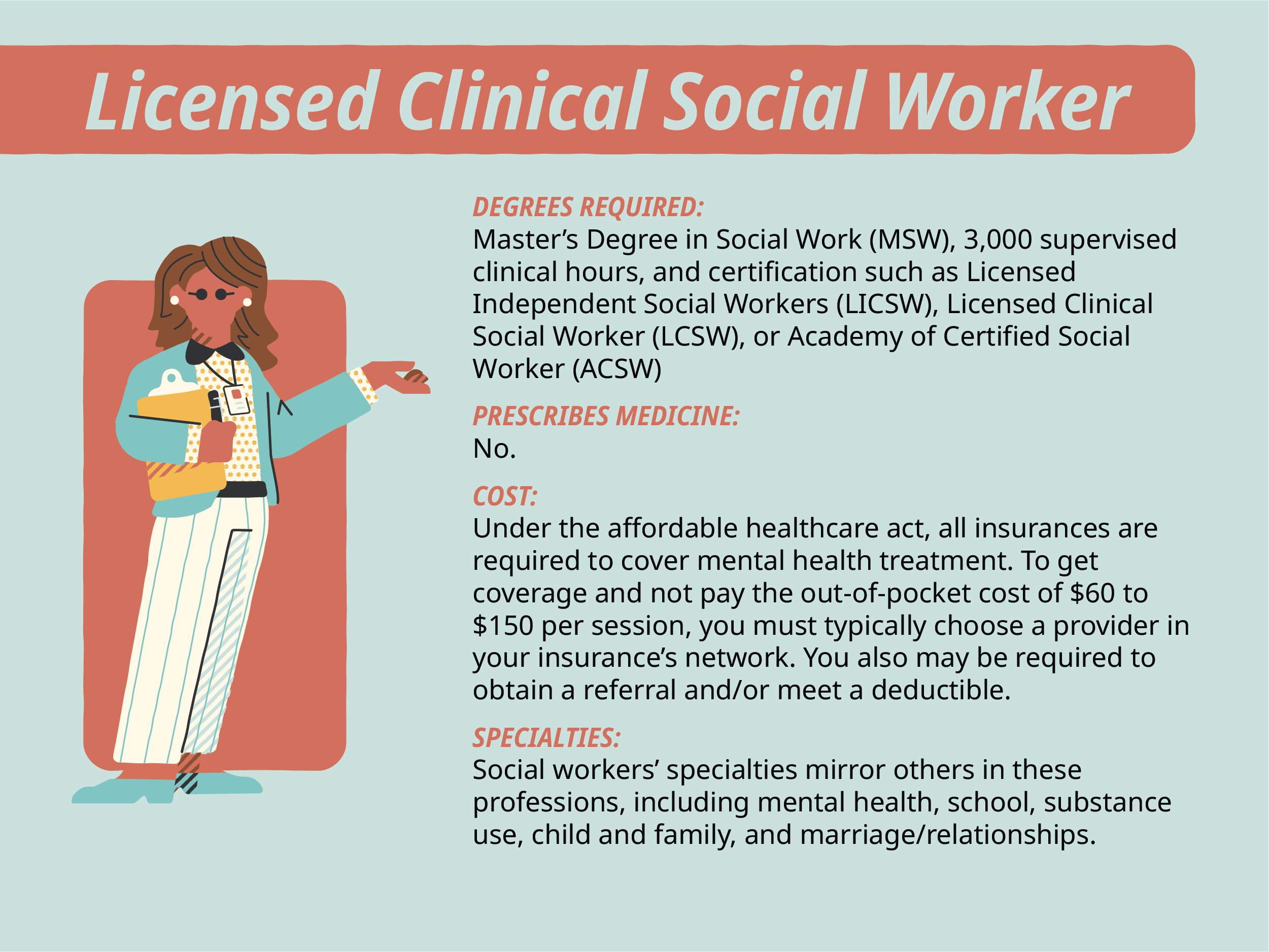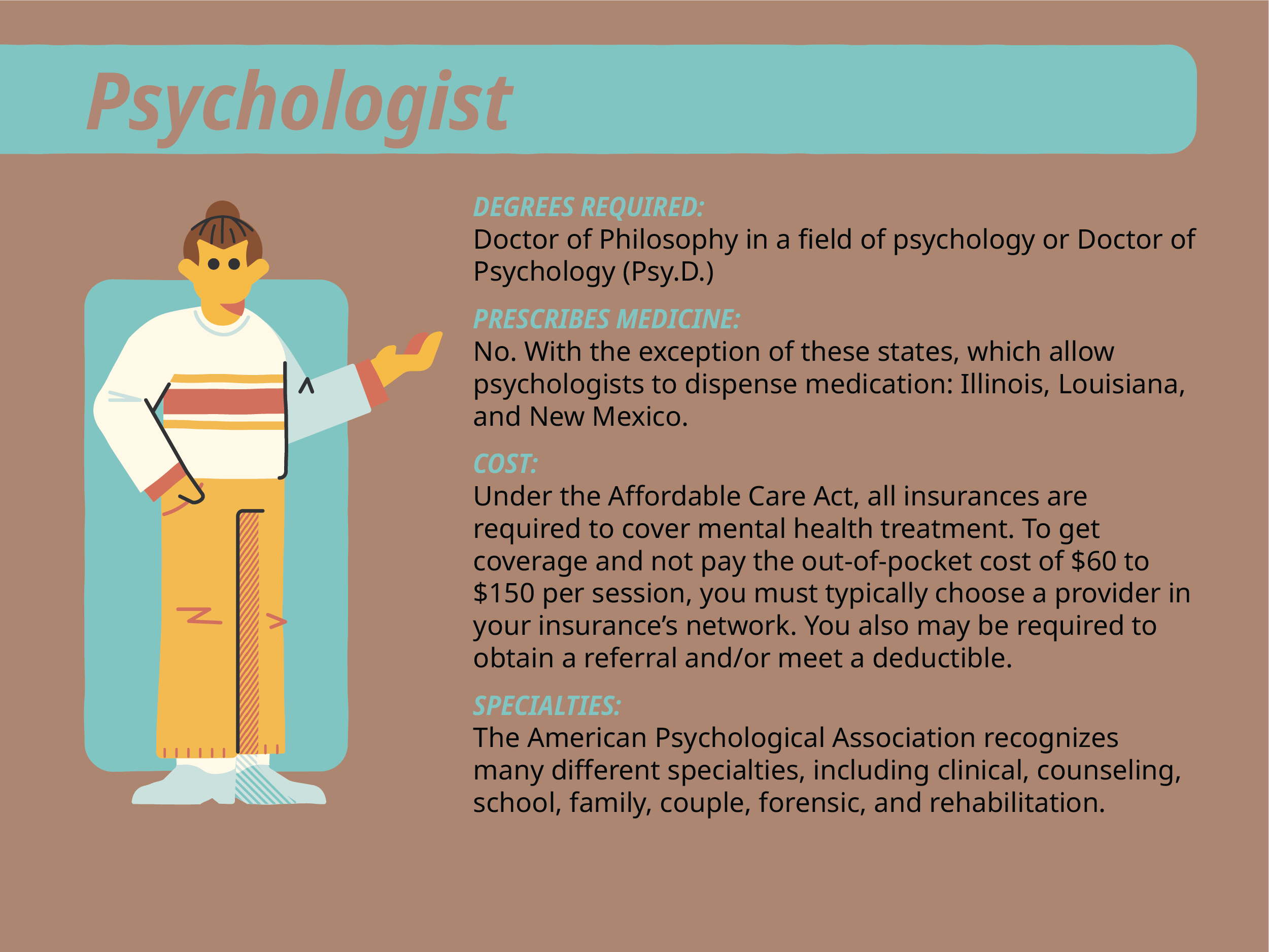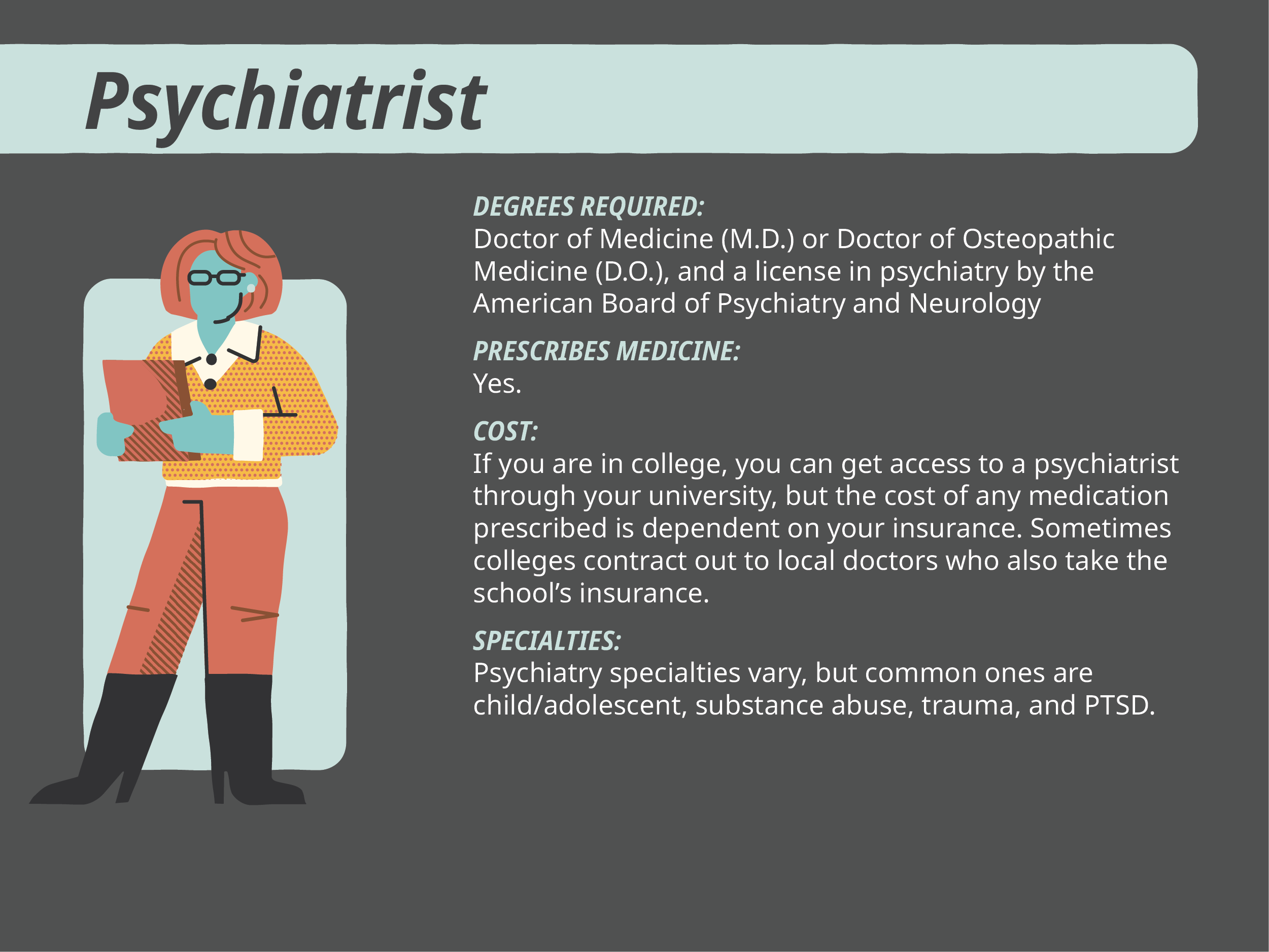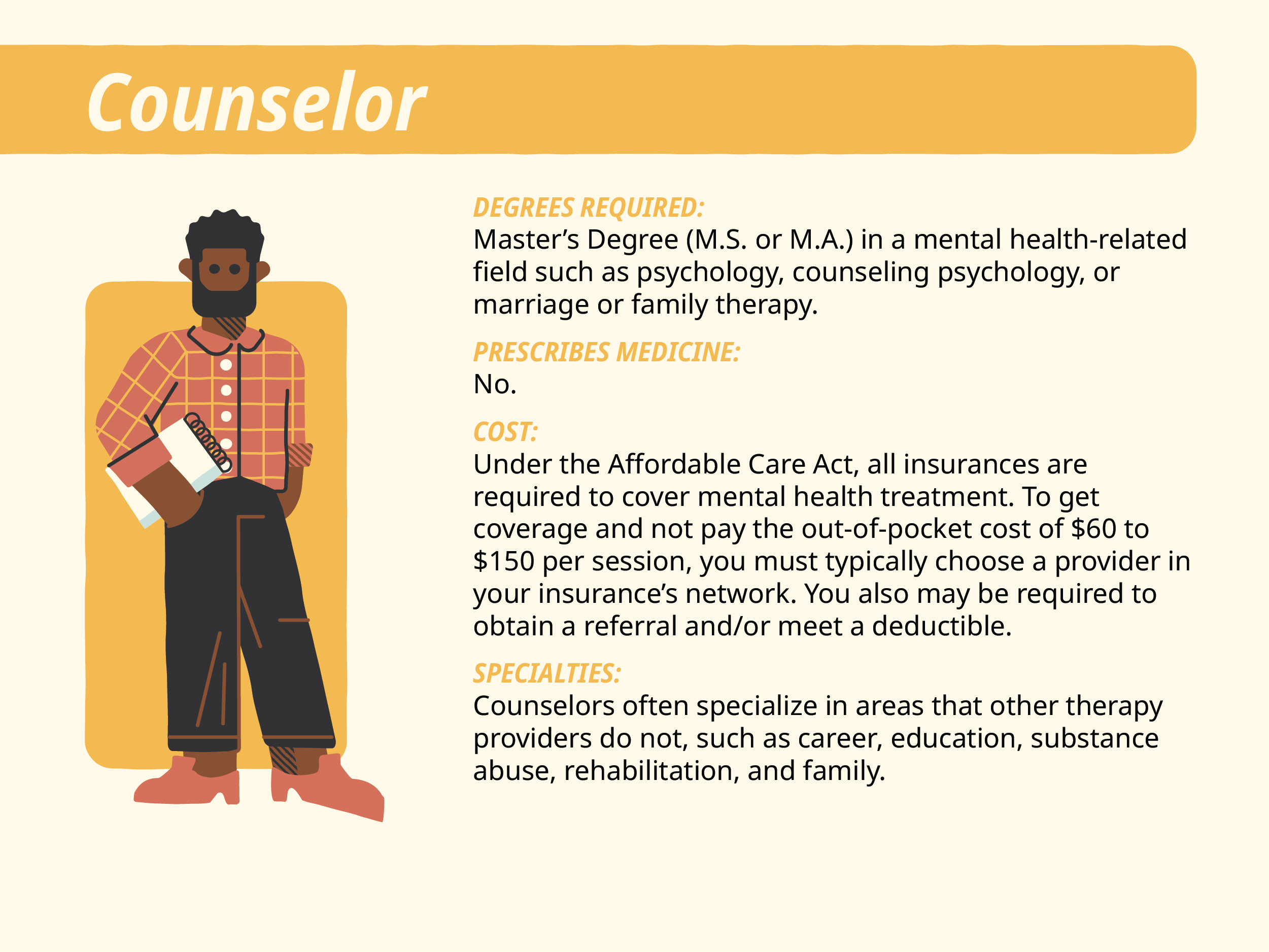Therapy is not a “one-size-fits-all” proposition. To begin, this process requires a person to consider a multitude of different types of therapy, a range of providers who possess varying degrees and specialties, and most importantly, the reality that every patient brings their own unique set of circumstances, challenges, and biology. College adds another layer of critical variables — the land of parties and hookup culture, the place where parents send young minds to be molded, and the period of a person’s existence framed as “the best time of your life” and where people find the friends they’ll keep close for the entirety of their lives. Ruth Burtman, Ph.D., a New York City-based psychologist, notes that “college is a time of significant change for almost everyone just because of the developmental time in their life that it is, it’s a time of great self discovery and opportunity.” Because of this major change, Burtman reports that “the benefits [of therapy for college students] are an increased understanding of themselves and the ways in which they thrive as well as which kinds of behaviors get in their way.”
But, this opportunity arrives at a time when there’s hardly enough minutes in a day to complete the readings for classes and nab a decent amount of sleep. Which makes the prospect of taking on the potentially time-consuming goal of finding a therapist and participating in therapy daunting. In fact, Cory Wallack, Ph.D., executive director of health and wellness at Syracuse University, echoes the sentiment of campus counselors when he says, “We really want to be there to help folks address problems that they’re facing, build new resources, and build new coping skills.” So follow these expert-informed tips, and you’ll be prepared when you decide to enlist a therapist to help you navigate a loss, stress, anxiety, or any other emotional difficulty.

1. Start with the Squad
Though counseling often serves as the right choice for many students looking to work through challenging emotional issues and mental-health problems, sometimes the best person to talk to first is a parent or friend. Smaller issues like friendship drama, bickering with a significant other, or learning how to live with a roommate often can be handled via the guidance of a trusted friend or family member. Larry Marks, Ph.D., a clinical psychologist in the Counseling and Psychological Services Department at the University of Central Florida, advises that if you are not sure if you even need therapy, the first step is talking to family and friends if possible. “I don’t necessarily think that college students have to go to counseling as the first stop, but it certainly could be a good resource,” he says.
2. Don’t Forget the Pros
However, Marks notes that “maybe a student might feel more comfortable talking to a medical provider, physician, or some sort of academic advisor or a trusted faculty or staff member.” Finding access for students might be an impediment so he suggests to start at the university or college website where students can learn about counseling services and what is offered. “That can be a good kind of introduction to how to seek out services or how to access the services,” he says.
3. Check Yourself Too
After some self-reflection or discussion with a confidante, Marks suggests students take into account their feelings and consider if the thoughts and emotions interrupt the normal course of the day. “There are normal ups and downs and stressors in life,” he says. To consider that, he suggests asking yourself: “Is this a temporary issue that I’m kind of coping with or is this an issue I’ve been dealing with for a longer period of time?” To assist with that self-check, Wallack suggests comparing your mental-health issues to a sore throat as a way to gauge your need. He offers that students ask themselves: “Has it persisted every day for weeks? Or did it pop up because the weather happens to be very dry?” If your anxiety, depression, or other mental-health issue is present in your daily life, you likely should meet with a counselor about it — just as you would go to the doctor if you experienced a sore throat for weeks and suspected it might be something more than allergies or because of a change in the season.
4. Enlist Campus Resources
Deciding to see a psychiatrist can also be a difficult decision. But it’s important to remember that campus counseling centers can help you make that decision. Wallack says that one of the unique ways counseling centers can serve as an effective first stop for a student considering therapy and/or medication is that they offer a diverse staff that represent different disciplines — counseling psychologists, psychiatrists, licensed clinical social workers, and counselors. The New York Times recently released an article detailing the questions one might ask a prospective therapist. At SU and many other universities, this range of professionals also includes those who possess specializations that offer targeted help for those struggling with eating disorders and substance abuse. And because counselors on college campuses consult with one and another, if a counselor and their patient make the decision to try medication as a next step, a psychiatrist from the counseling center can meet with the student at no charge. Wallack emphasizes that college counseling centers are often the best option for students because they almost always offer their services free of charge since they are built into the cost of tuition.

5. Be Prepared to Examine Your Life
Dr. Ludmila De Faria, co-chair of the American Psychiatric Association’s College Mental Health Caucus and a clinical psychiatrist at Florida State University’s Health Services, notes that the first step for any college student seeking counseling and mental-health support requires that person to look at the situation holistically. “We really need to have this conversation about the kinds of healthy choices that you make in your heart, in your life and in self-care,” she says. And before suggesting medication to any student, Dr. De Faria requires her patients to meet with a counselor. “At that point, we’ll see if the student actually even needs medication because therapy might resolve the problem,” she adds. Burtman emphasizes that “it’s certainly important to try psychotherapy before trying psychotropic medications because therapy can change how somebody feels as well as their brain function as much as medication.”
6. Honor Your Identities
Once you make the decision to seek treatment, Wallack notes that not all providers are going to be the best fit for every student. “If there are specific elements of a student’s identity that feels really important,” he says, “it is important to be in therapy with someone who they’re comfortable with.” For example, Wallack says, if someone seeking out a therapist identifies as lesbian, gay, bisexual, or trans, it is perfectly reasonable for them to call a therapist before meeting with them and ask: “Do you work with people from this identity group? Is this something that you have a background with, that you are comfortable with?”
7. Take Time to Find the One
The decision to begin therapy of any kind is a hard thing for a person struggling with their mental health to do. So it’s important to ensure you find the right person. In addition to choosing a provider who you feel meets your psychological and personal needs, Wallack mentions that getting multiple opinions — whether they be within a college counseling center or from off-campus providers — is perfectly fair and common practice within the mental-health space. Furthermore, Burtman suggests that “it’s important after meeting the person to make sure that you feel safe and comfortable with them. And so it’s important to have at least three sessions to make sure that the person is responsive to your questions and your needs in a way that’s reassuring and safe for you.”













